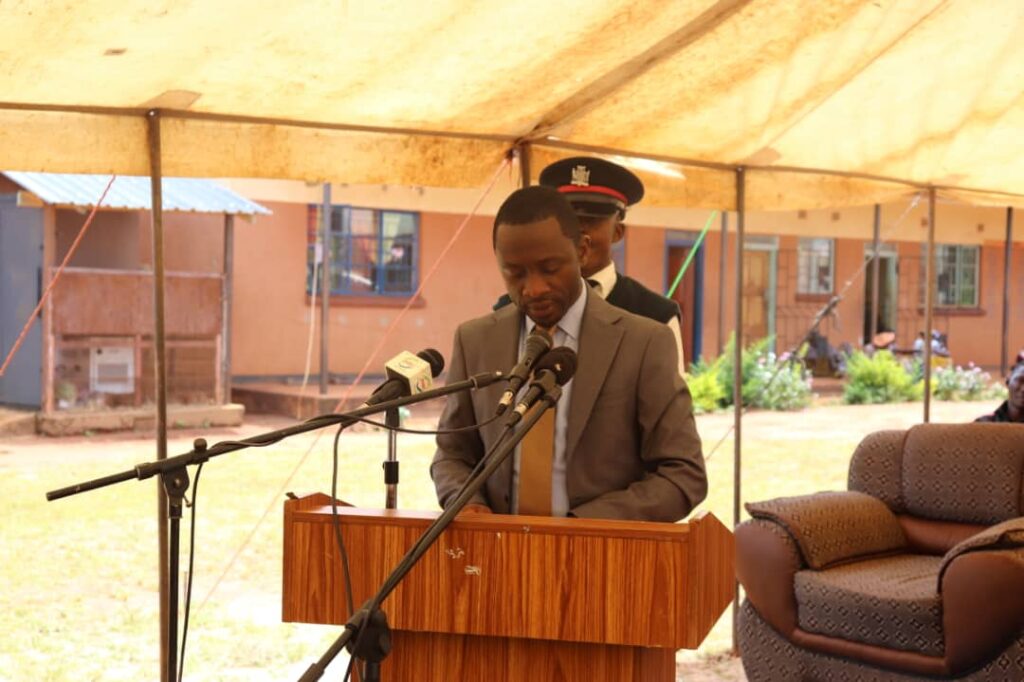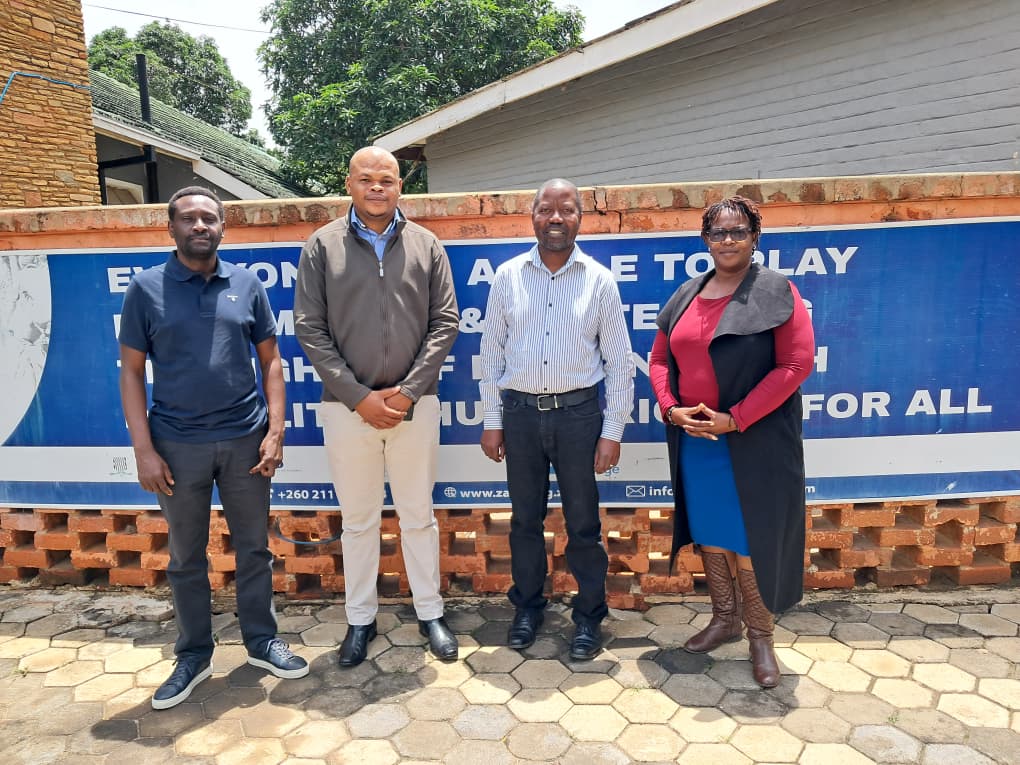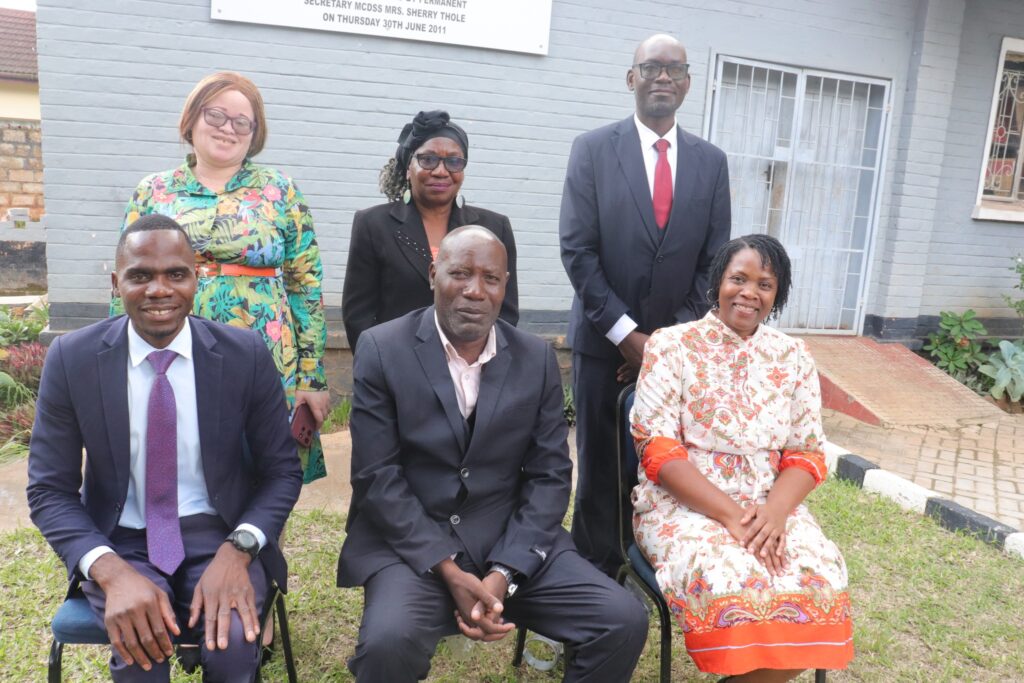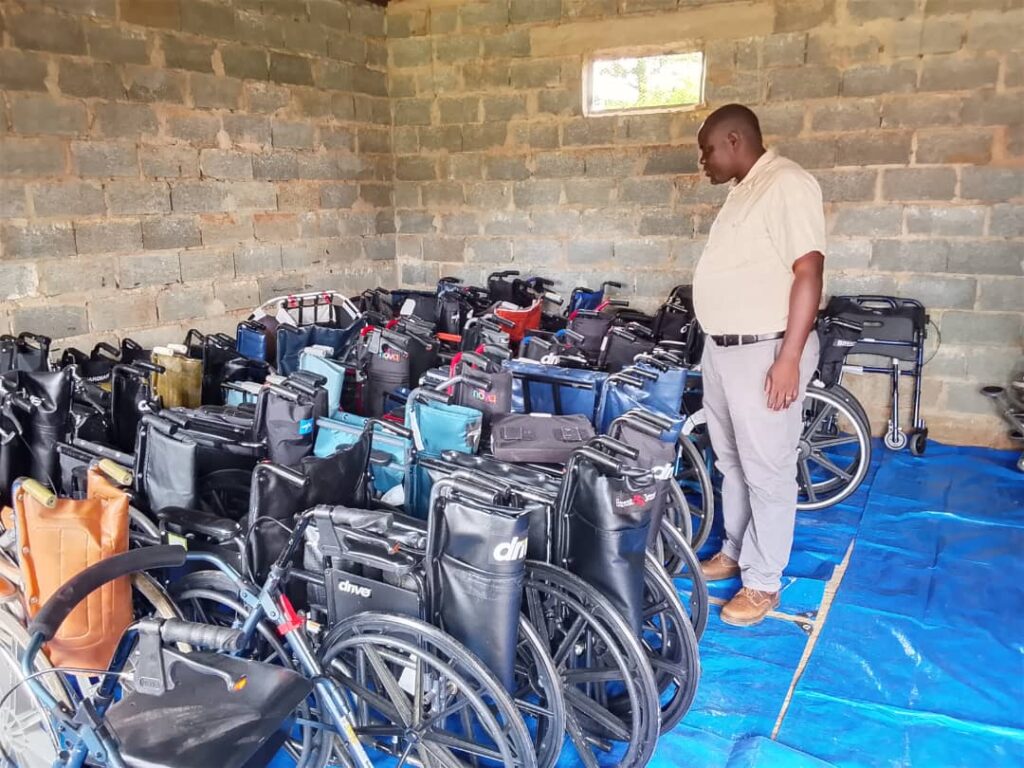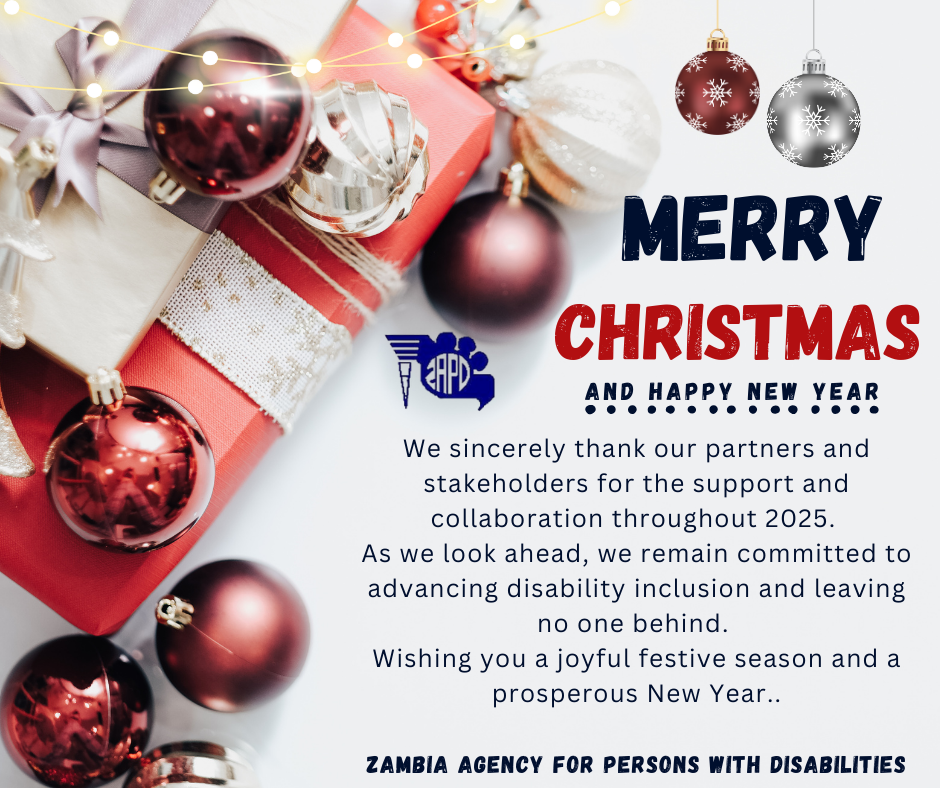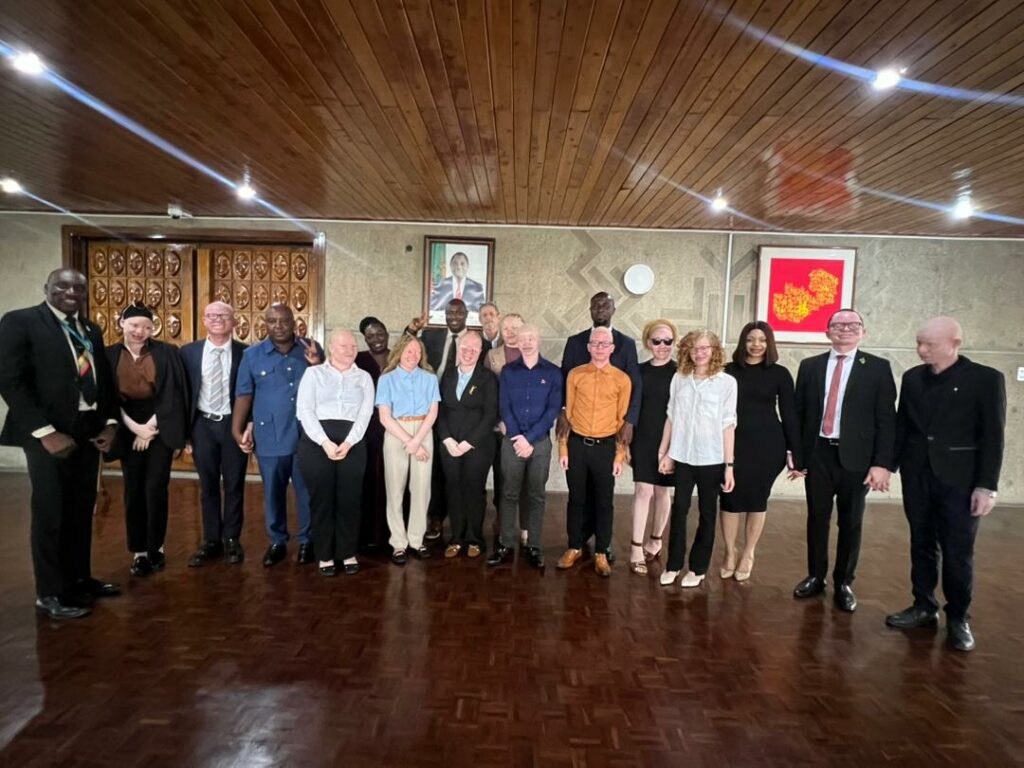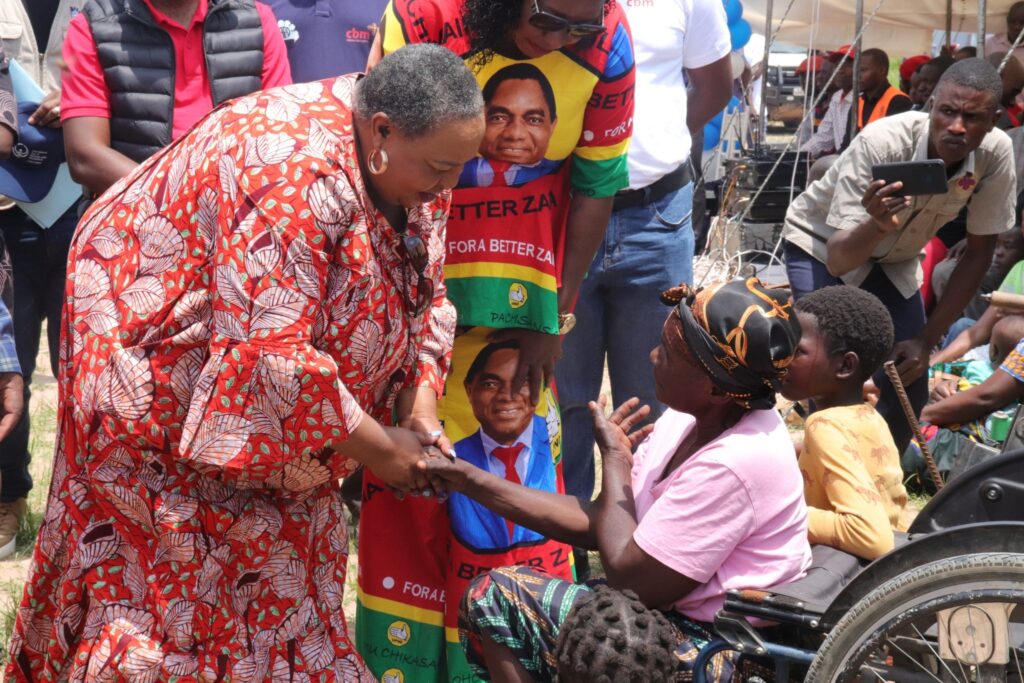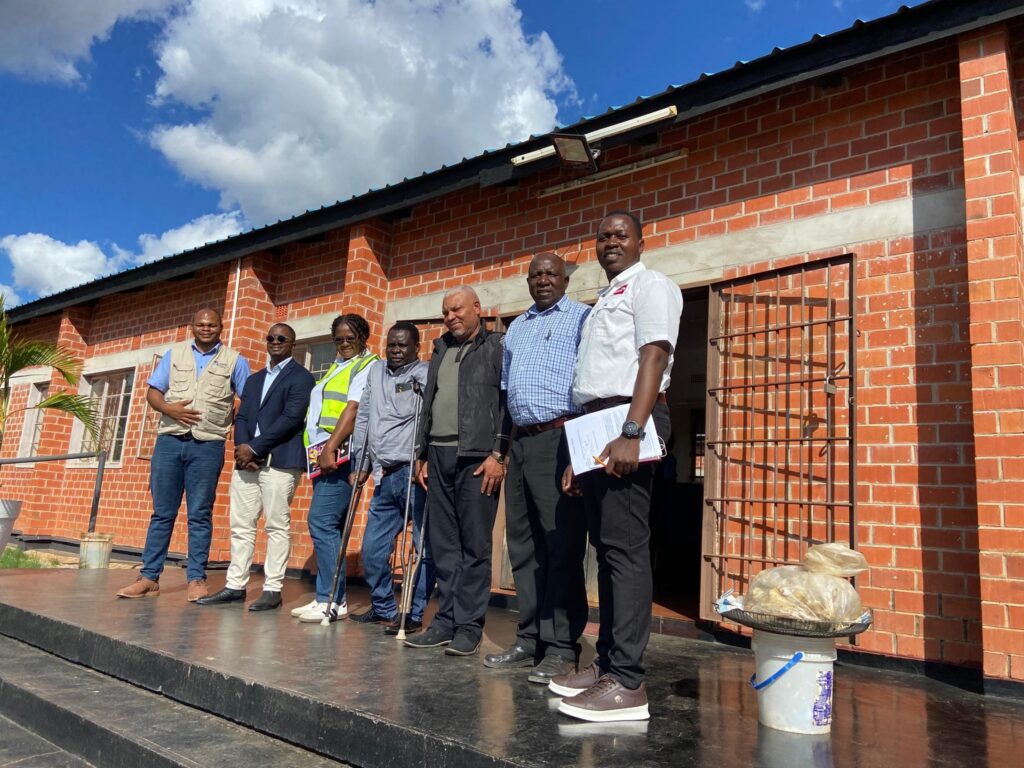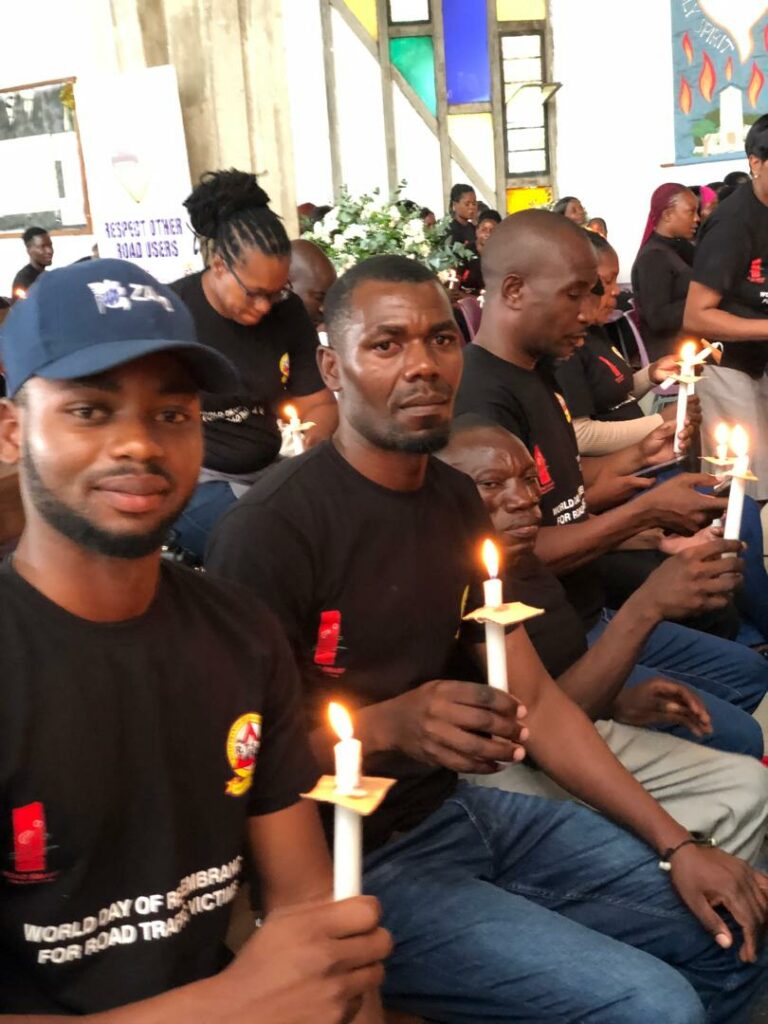President Hakainde Hichilema has reaffirmed Government’s commitment to disability inclusion, revealing that more than 1,800 additional children with physical disabilities have recently been identified across the country. Speaking on his behalf during the National Commemoration of the International Day of Persons with Disabilities (IDPD) in Mansa, Luapula Province, Community Development and Social Services Minister Ms. Doreen Mwamba described the findings as heartbreaking and urged affected families not to lose hope. President Hichilema thanked Jon and Friends in the United States for donating assistive devices for 800 children, adding that another 800 devices are expected soon. He said the support will help many children return to school, including those who had dropped out due to mobility challenges. The President also called on communities to show compassion and avoid exploiting vulnerable families, stressing that disability inclusion must be embraced across all sectors, education, social protection, parenting, and governance. He noted that the 2025 IDPD theme, “Fostering disability-inclusive societies to advance social progress,” reflects Zambia’s commitment to ensuring that no one is left behind. Stakeholders Call for Ratification of the African Disability Protocol Stakeholders at the event urged Government to classify, sign, and ratify the African Disability Protocol (ADP) without delay. IDPD Organising Committee Vice Chairperson Ms. Carol Kapungwe said the Protocol will strengthen national efforts to protect the rights and inclusion of persons with disabilities. She further encouraged Government and partners to promote inclusive employment opportunities across key sectors such as health, public administration, and security. ZAPD Highlights Progress and Remaining Gaps Zambia Agency for Persons with Disabilities (ZAPD) Director General Mr. Frankson Musukwa highlighted progress made through policy implementation, disability mainstreaming, and improved data systems. Key achievements include: Dissemination of the National Disability Policy and Mainstreaming Guidelines. Establishment of disability focal points in Government ministries with support from ILO. ️Rollout of the offline Disability Management Information System (DMIS). Registration of over 160,000 persons with disabilities as of October 2025. However, he acknowledged several challenges, including limited funding for disability services, inaccessible public infrastructure, especially in rural areas, low awareness leading to stigma, and shortages in human resources and logistics. Mr. Musukwa pledged to expand partnerships, strengthen mainstreaming efforts, advocate for increased funding, and reinforce data systems to support long-term inclusion. He also thanked partners including CBM, NAD, Sight Savers, World Vision, ILO, UNDP, Shoprite, and organisations of persons with disabilities for their continued support. The event also acknowledged the Water Voices United project, an EU and Danish People’s Aid co-funded initiative implemented by SNV and the NGO WASH Forum, for empowering WASH Civil Society Organisations and contributing to inclusive community development.

